The number of registered survivors of the Nanjing Massacre declined to 44 on Thursday with the death of a survivor, according to the Memorial Hall for the Victims of the Nanjing Massacre by Japanese Invaders.
Zhang Huixia, 94, lived in Nanjing, Jiangsu, together with her family members. In 1937, the then-8-year-old lost her father and an uncle during the massacre.
At that time, Zhang's family lived in No 47 Sanfang Lane, Changle Road. After Japanese troops captured Nanjing, the family, including Zhang, her parents, two younger brothers, a sister, a grandmother and an uncle, tried to hide in a refugee camp.
The refugee camp did not allow male adults to go inside, so the father and the uncle had to stay outside. The grandmother asked Zhang to dress like a boy and stayed with the two.
At noon on Dec 14, many Japanese soldiers came near the camp. Some soldiers pushed the father, the uncle and some Chinese men with guns and took them away. A soldier stopped Zhang, who was crying out, from chasing them with his gun.
The girl never met her then 29-year-old father and 27-year-old uncle again.
After she rushed into the camp to tell her family what had happened, the grandmother, with a walking stick in one hand and Zhang's hand in the other, walked through nearby streets trying to find her sons.
Zhang recalled: "There were bodies everywhere, male and female. Some lay on their stomachs, some on their backs and some on one side on the ground.
"My grandmother turned the dead men's heads one by one. We were crying while looking for them. We couldn't find them until it was dark."
Apart from the nightmare during the massacre, Zhang later lived a happy life together with many family members. She often mentioned the history to them, asking them to cherish peace.
"Six survivors have died since January this year," said a worker from the Memorial Hall for the Victims of the Nanjing Massacre by Japanese Invaders. "Only 44 survivors registered at the memorial hall, who are all very old, are still alive."
The Nanjing Massacre took place when Japanese troops captured the then-Chinese capital on Dec 13, 1937. Over six weeks, they killed approximately 300,000 Chinese civilians and unarmed soldiers in one of the most barbaric episodes of the War of Resistance Against Japanese Aggression (1931-45).
In 2014, China's top legislature designated Dec 13 as the national memorial day for the victims of the Nanjing Massacre.








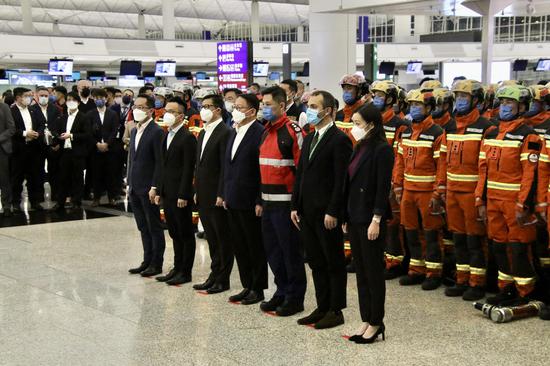

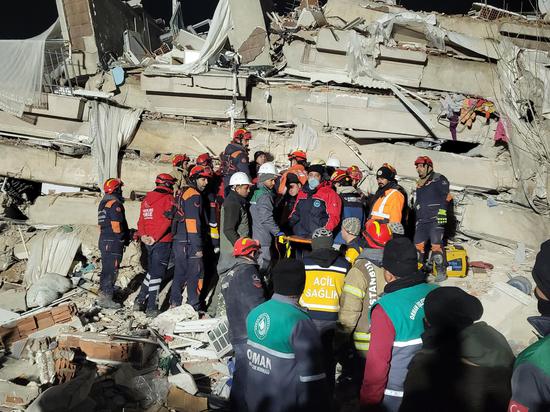
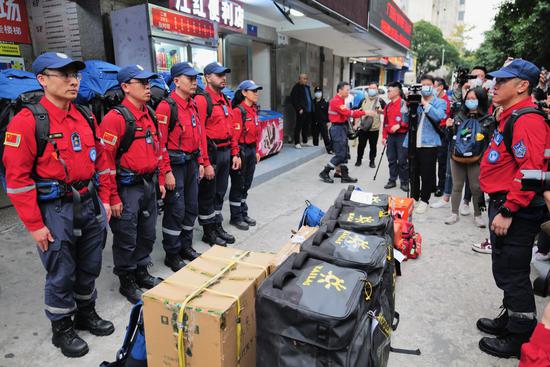
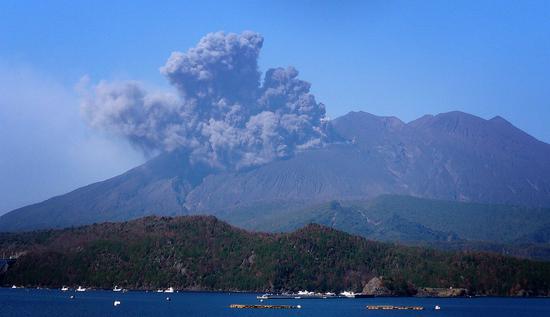
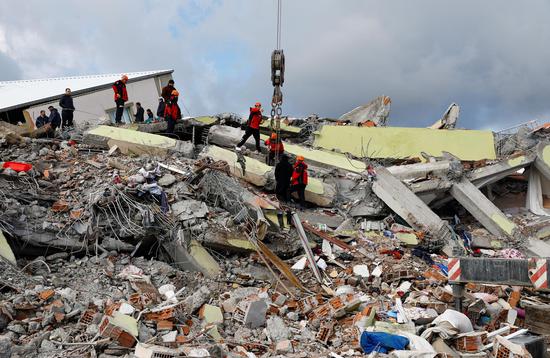
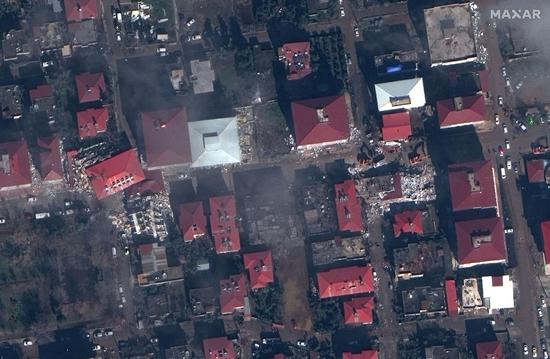
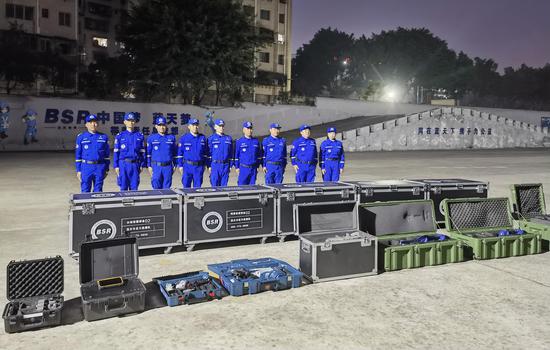
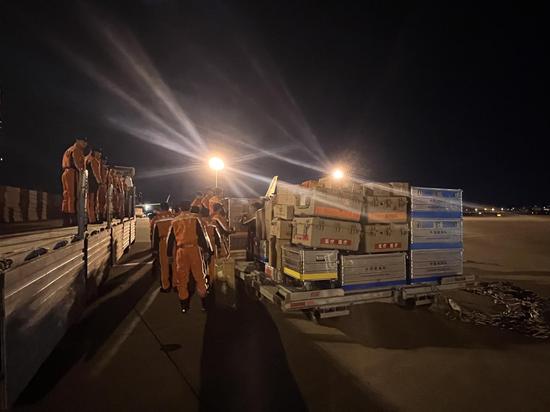

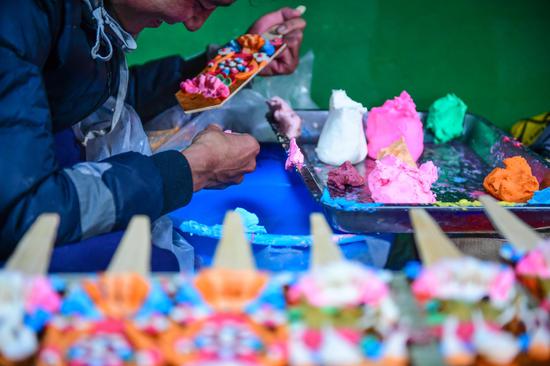
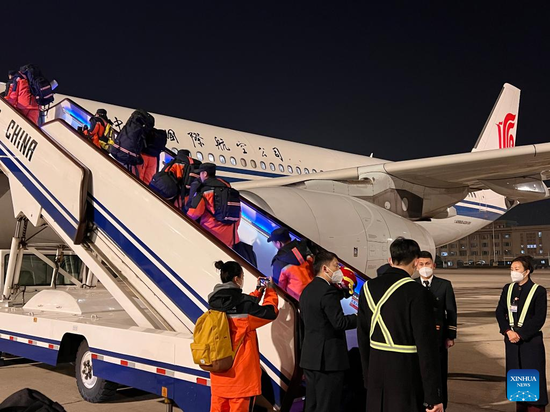

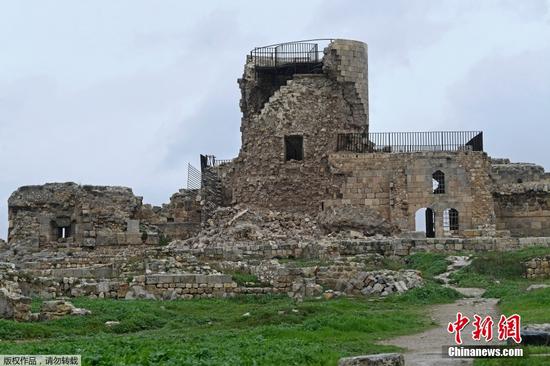
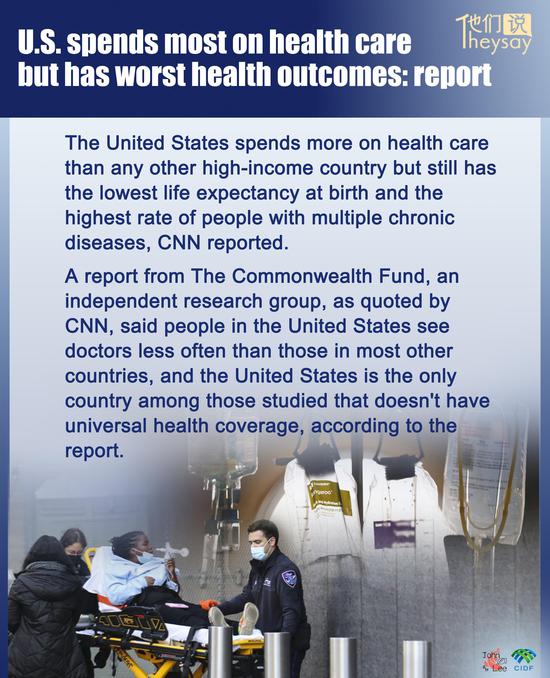

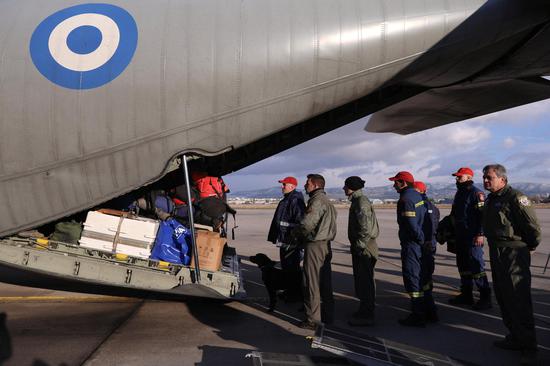
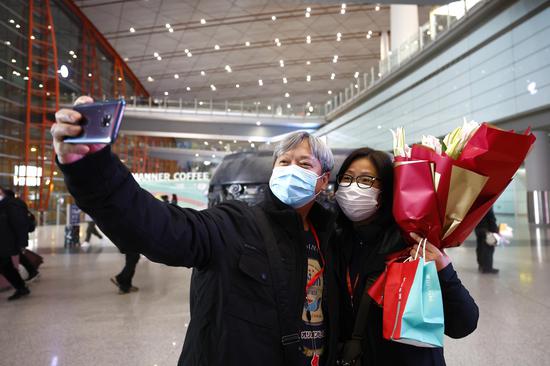
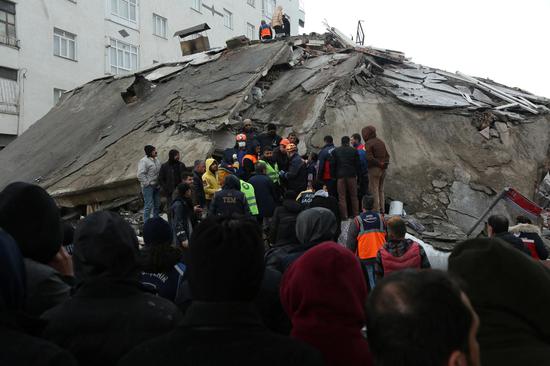

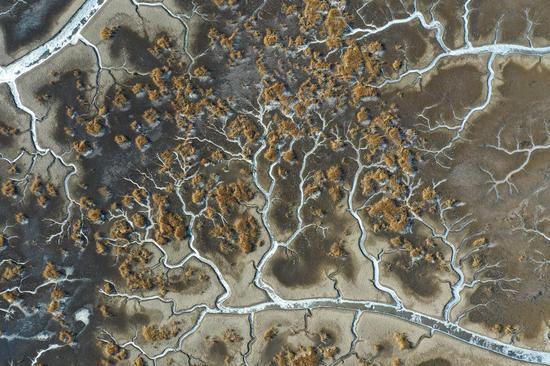
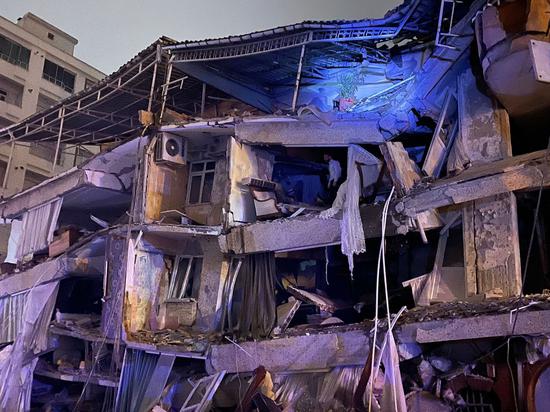
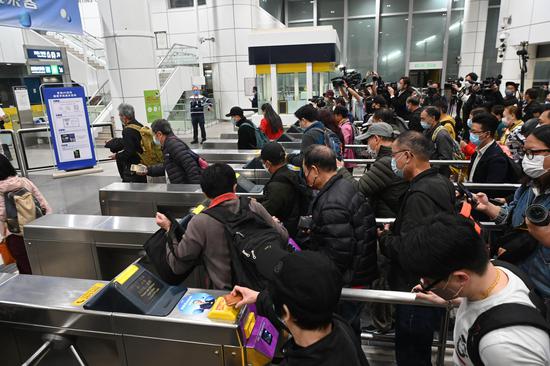
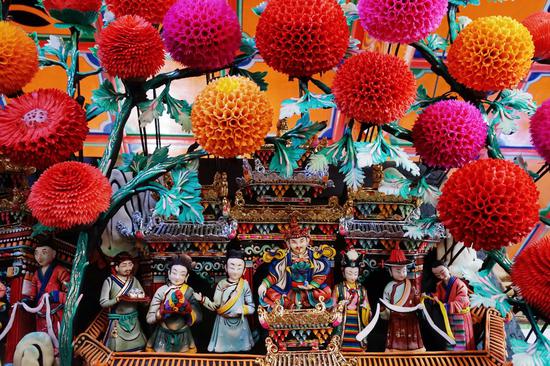
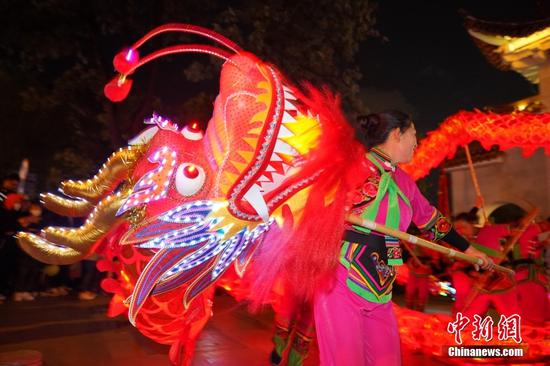
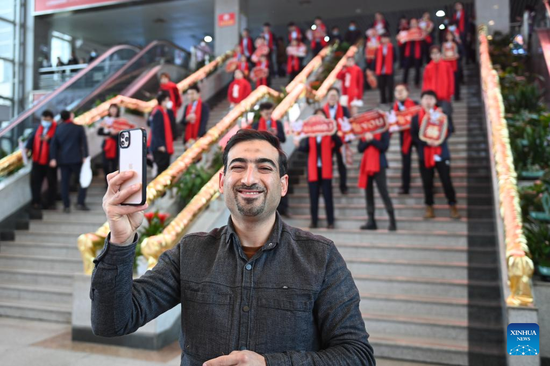
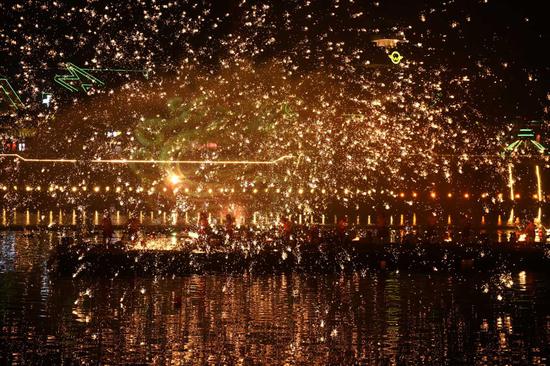
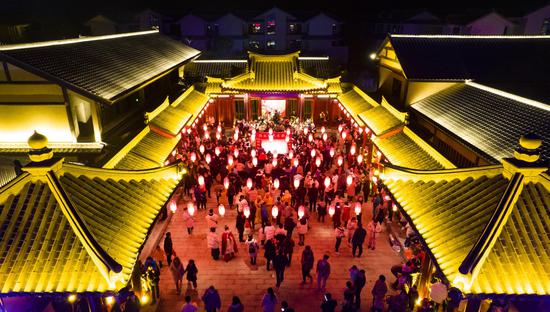
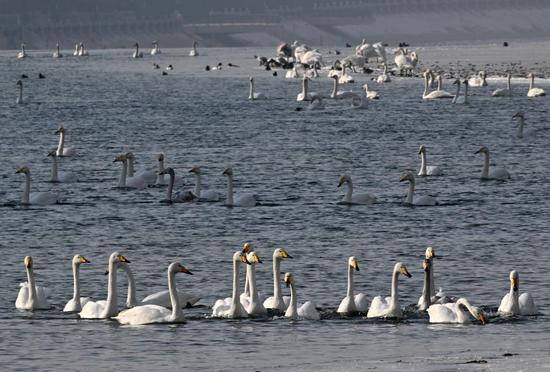



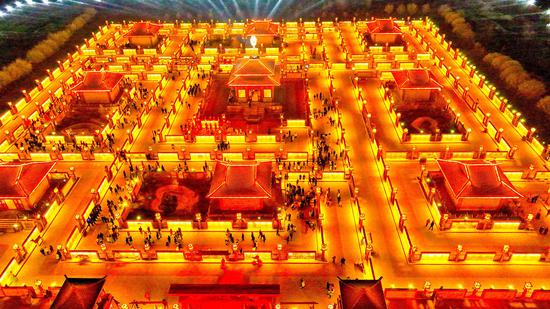
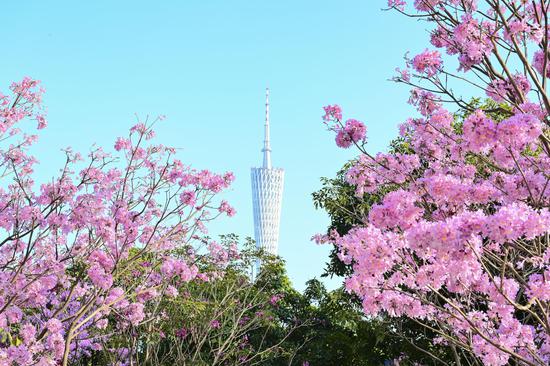


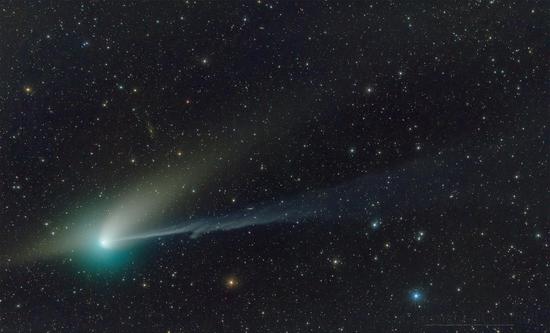





 京公网安备 11010202009201号
京公网安备 11010202009201号